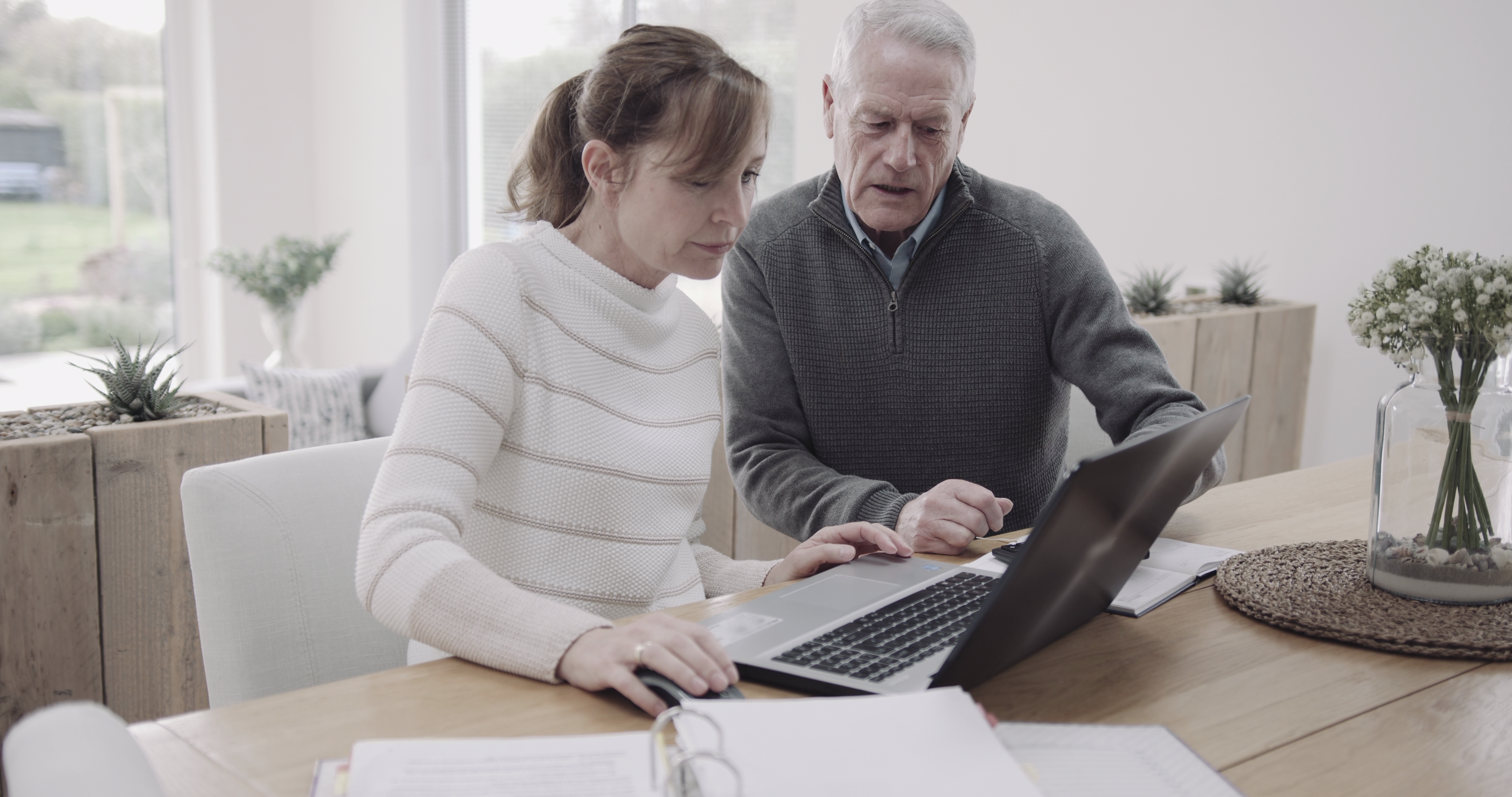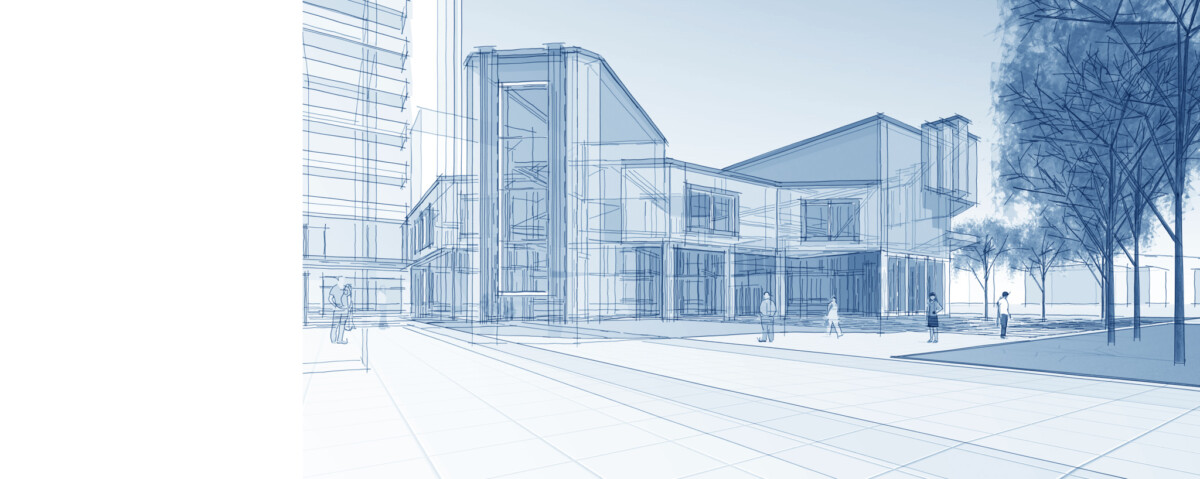Purchasing a home with a hefty down payment is possible. Still, it is attainable through various financing options and programs designed to help prospective homeowners. Here’s a comprehensive guide on how to buy a house with no money down, exploring available options, eligibility criteria, and tips for navigating the process.
1. Government-Backed Loans
Several government-backed loan programs allow buyers to purchase a home with little to no money down:
– VA Loans: Veterans Affairs (VA) loans are available to veterans, active-duty service members, and some National Guard and Reserves members. VA loans offer 100% financing, meaning no down payment is required. Additionally, VA loans have competitive interest rates and no private mortgage insurance (PMI).
– USDA Loans: The U.S. Department of Agriculture (USDA) offers loans to eligible rural and suburban homebuyers through the USDA Rural Development program. These loans also provide 100% financing, allowing for no down payment. The property must be located in an eligible area, and borrowers must meet income requirements to qualify.
2. FHA Loans with Down Payment Assistance
Federal Housing Administration (FHA) loans typically require a 3.5% down payment, but assistance programs can help cover this cost. These programs, often offered by state and local governments or non-profit organizations, provide grants or forgivable loans to assist with the down payment and closing costs.
3. Lender-Specific Programs
Some lenders offer their no-down-payment programs or low-down-payment options. These programs may have specific eligibility criteria, such as income limits or homebuyer education requirements. It’s worth researching local banks and credit unions’ unique programs.
4. Piggyback Loans
A piggyback loan, or an 80-10-10 loan, involves taking out a second mortgage to cover part of the down payment. Here’s how it works:
- First Mortgage: Covers 80% of the home’s purchase price.
- Second Mortgage: Covers 10% of the purchase price.
- Down Payment: The remaining 10% may be covered through savings or other financing options.
This approach can help you avoid PMI while minimizing the initial out-of-pocket expense.
5. Lease-to-Own Agreements
A lease-to-own agreement allows you to rent a home with the option to purchase it later. Part of your monthly rent payments may be credited towards the purchase price or down payment. This arrangement can be beneficial if you need time to save for a down payment or improve your credit score.
6. Gifts and Grants
Receiving financial gifts from family members or grants from non-profit organizations can help you cover the down payment. Lenders typically require a gift letter confirming the funds are a gift, not a loan.
Tips for Buying a House With No Money Down
– Check Your Credit Score: A higher credit score increases your chances of qualifying for no-down-payment programs and securing favorable loan terms. Review your credit report and address any discrepancies or outstanding debts.
– Save for Closing Costs: While you may avoid a down payment, you’ll still need to cover closing costs, ranging from 2% to 5% of the purchase price. Budgeting for these expenses is crucial.
– Get Pre-Approved: Obtain pre-approval from a lender to understand your borrowing capacity and show sellers that you’re a serious buyer.
– Work with a Knowledgeable Realtor: A real estate agent experienced in no-down-payment options can guide you through the process and help you find eligible properties.
Conclusion
Buying a house without money is possible through various financing options and assistance programs. By exploring government-backed loans, lender-specific programs, and alternative financing methods, you can find a path to homeownership that fits your financial situation. With careful planning, research, and the right resources, you can achieve your goal of owning a home without a substantial initial investment.









